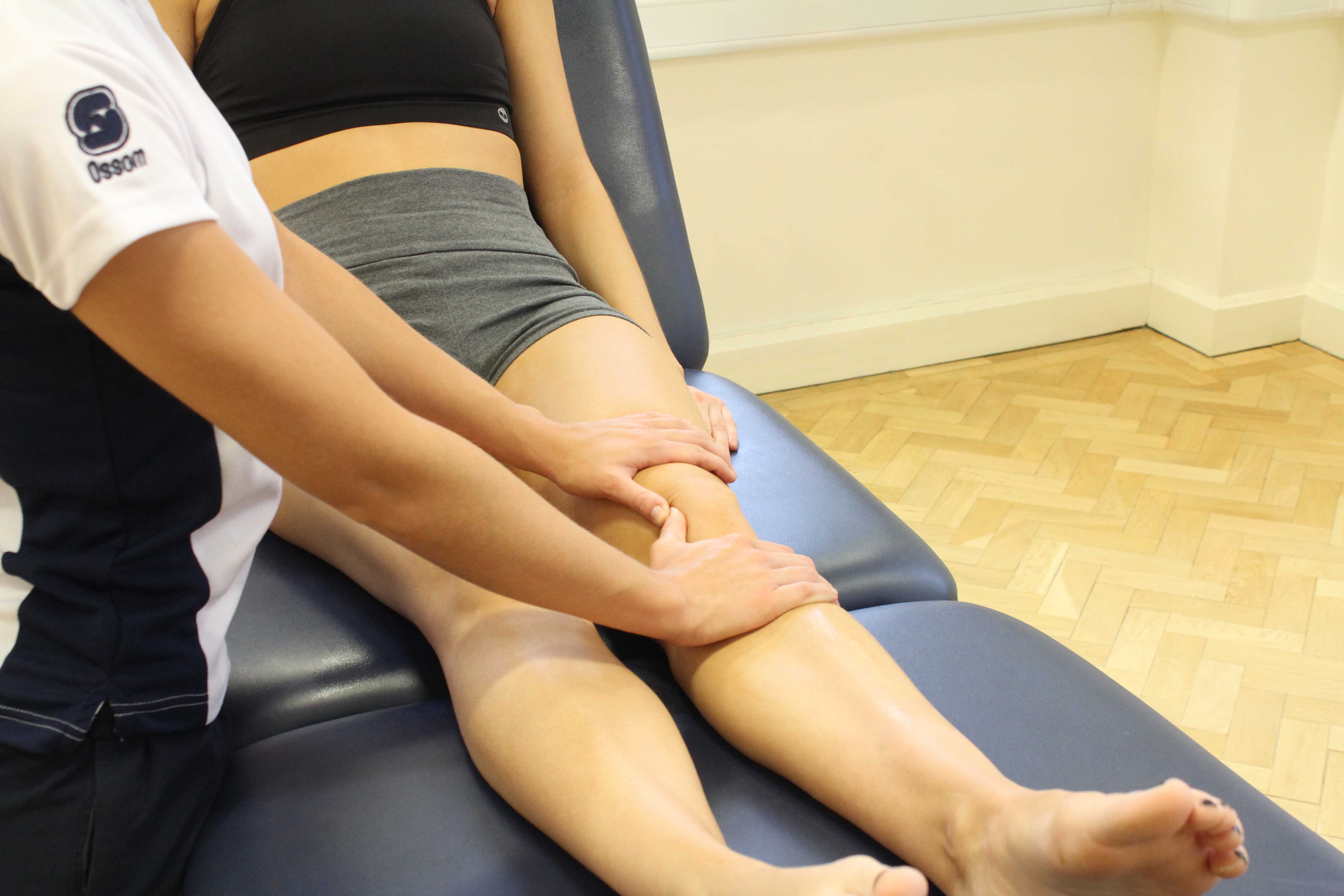What is Runner's Knee?
Runner's knee, otherwise known as jumper's knee, refers to pain in the patella tendon, which is a thick band of tissue between the knee cap and the top of the shin. The clinical name for this problem is patella tendinopathy.
How does Runner's Knee happen?
Runner's knee develops through overuse and repetitive strain of the patella tendon. This overuse occurs when performing activities, such as running and jumping, at an intensity the tendon is not familiar with. When the patella tendon is overused microscopic tears develop in the tendon and can cause it to feel stiff and painful. If these activities are continued whilst the tendon is damaged, the pain will worsen and the tendon will weaken, this is known as degeneration.
What are the symptoms of Runner's Knee?
The symptoms of runner's knee are typically a gradual onset of pain just below the knee cap that is made worse through running and jumping activities. Other symptoms include:
- Pain during running or the day after a run
- Swelling and a thickening of the tissue just below the knee cap which is tender to touch
- Pain and stiffness after sitting for long periods with the knee bent
- Pain and stiffness first thing in the morning
- Pain when going up and down stairs
What should I do if I have Runner's Knee?
It is unlikely that runner's Knee will improve unless the reasons for its development are addressed therefore we would advise you to book a biomechanical running assessment with our specialist physiotherapist as soon as possible if you suspect that you have runners knee. In the meantime, icing your knee for 15 minutes at a time throughout the day using an ice pack or a bag of frozen peas in a tea towel may help reduce pain and swelling in your knee.
 Above: Mobilisations of the patella to relieve painful symptoms
Above: Mobilisations of the patella to relieve painful symptomsWhat is the physiotherapy treatment for Runner's Knee?
Physiotherapy is important for treating and managing runner's Knee. Your physiotherapist will assess you and diagnose the condition and start you on an individualised treatment programme that may consist of:
- Running drill and cues
- Strengthening program
- Stretching program
- Electrotherapy
- Proprioceptive training
- Joint and soft tissue mobilisation
What shouldn't I do if I have Runner's Knee?
If you have runner's Knee, what you shouldn't do is ignore the problem. If you continue with the activities that aggravate it, you will cause further damage that may lead to a longer recovery time.
Could there be any long term effects from Runner's Knee?
If runner's knee isn't treated, the condition can get progressively worse over time. In severe cases, the tendon may get so weak that it completely ruptures. This may require you to have surgery and make returning to sporting activities difficult.
To arrange a biomechanical running assessment with one of the specialist physiotherapists, please call Physio.co.uk on 0330 088 7800 today. You can also book appointments online using our online booking system

 0330 088 7800
0330 088 7800

































